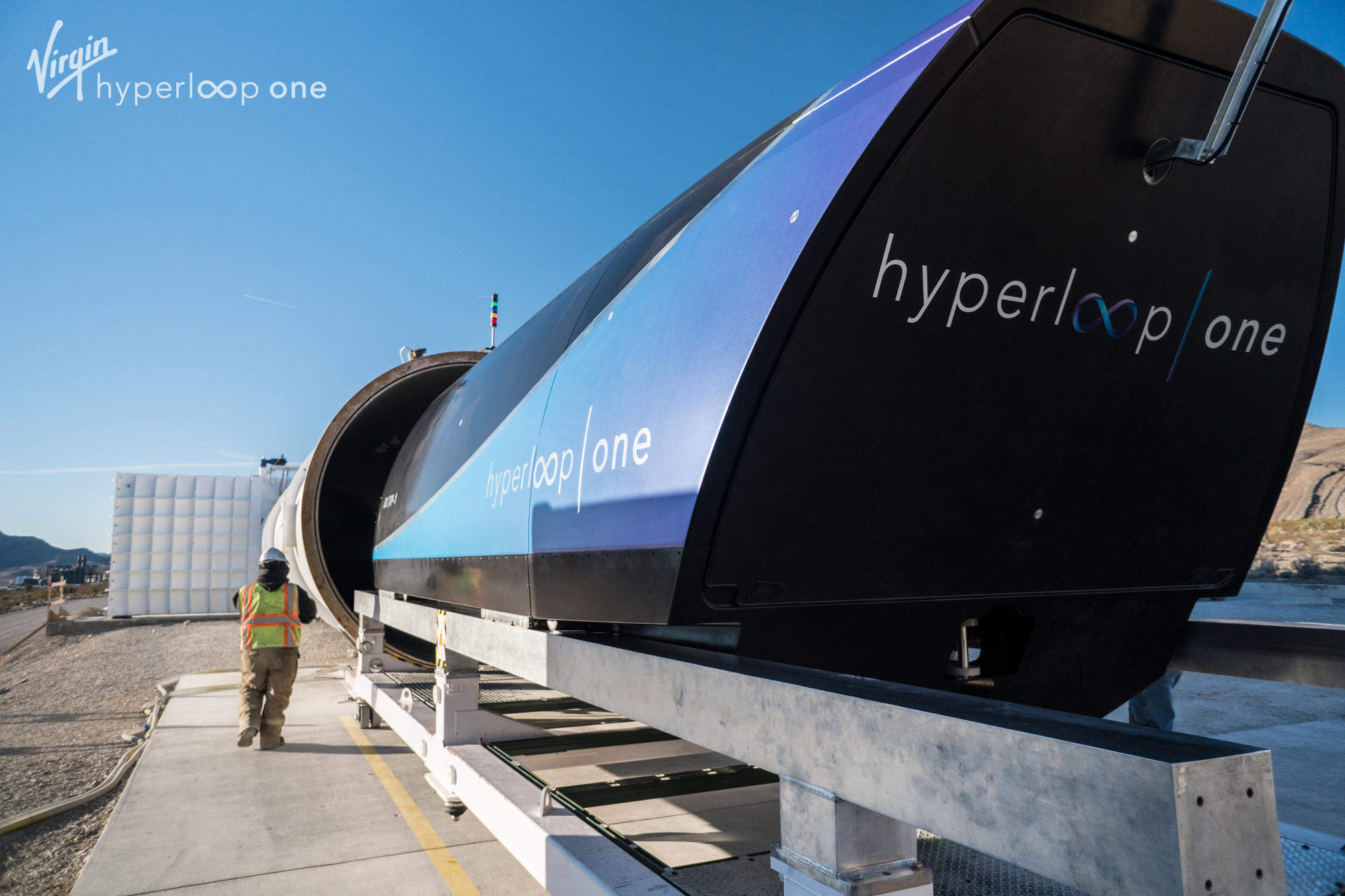
The US Secretary of Transport Elaine Chao has announced a new council aimed at bringing Hyperloop technology to the US.
Announced at media conference South by Southwest, the Non-Traditional and Emerging Transportation Technology Council will focus on bringing new form of mass transportation to the United States and identify and resolve regulatory gaps with the aim of bringing the technology to commercialisation.
Virgin Hyperloop One has been in talks with the Department of Transportation (DOT) Secretary over the past few months, identifying the infrastructural changes needed to make the technology a reality. Although some components are similar to rail, there are other elements such as cabin pressurisation that require aviation expertise. The council will therefore explore how to integrate expertise across the department.
Jay Walder, CEO of Virgin Hyperloop One said:
“Hyperloop is a new mode of transportation that is built for the 21st century. We want to be the company that spearheads the next giant leap forward in transportation here in the United States but we know we can’t do it alone. We applaud the DOT for their support of this technology.”
The council will hold its first planning meeting this week, and will be chaired by Deputy Secretary Jeffrey Rosen and vice chaired by Undersecretary of Transportation for Policy Derek Kan.
How well do you really know your competitors?
Access the most comprehensive Company Profiles on the market, powered by GlobalData. Save hours of research. Gain competitive edge.

Thank you!
Your download email will arrive shortly
Not ready to buy yet? Download a free sample
We are confident about the unique quality of our Company Profiles. However, we want you to make the most beneficial decision for your business, so we offer a free sample that you can download by submitting the below form
By GlobalDataAlong with hyperloop, the council will explore emerging technologies such as tunneling, autonomous vehicles and other innovations.
What is Hyperloop?
Hyperloop uses magnetic levitation to lift pods, carried by electric propulsion, above tracks. The pods are powered by “boosting stations” and can then glide, using less energy than high-speed trains. Nearly all of the air outside the pod is removed. This means there is very little aerodynamic drag, making it possible to travel at very high speeds.
Pods can travel at 300m a second, or 1080km per hour, making it possible to travel between cities at a rapid pace, opening up new possibilities for connectivity, commuting and the transporting of goods.
Although it is not yet possible to travel by Hyperloop, a Virgin Hyperloop One test loop has been operational since 2017, and Europe’s first development facility was opened in Spain last year. Virgin hopes to begin construction on its first functioning route this year.
In February last year, Virgin announced that The Indian State of Maharashtra intends to build a Virgin Hyperloop between Pune and Mumbai within five to seven years. If successful, a journey that currently takes three and a half hours by train could be reduced to just 25 minutes.
Projects are also underway in Missouri, Texas, Colorado, the Midwest and the UAE.



